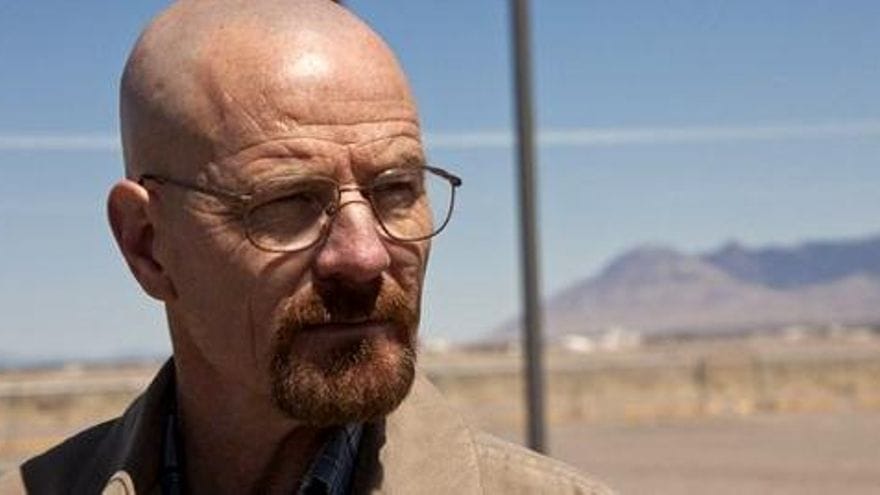CRYSTAL CLEAR

"No man can wear one face to himself and another to the multitude, without finally getting bewildered as to which one may be true,". - Oscar Wilde
According to Henry David Thoreau, the "mass of men lead lives of quiet desperation." In the case of Walter White, however, throughout his epic narrative arc in Vince Gilligan’s Breaking Bad, the opposite seems true. For when confronted with the very real prospect of his own mortality, he becomes his truest self: his internal demons are unleashed, and all hell breaks loose. Walt's alter ego, Heisenberg, becomes the logical construct through which he compartmentalises the collapse of his moral universe as Mr. White. Yet even then, the separation remains uneasy, as he is torn between being a drug kingpin, husband, father, and schoolteacher—desperately trying to reconcile his former moral self with his present amoral one.
This raises a dilemma for many of us: if we are to achieve our full potential—whether for good or ill—do we truly grasp the consequences of the ambition we believe will liberate us from the fear of a quietly desperate, unfulfilled life? No doubt, the very awareness of such a notion could be seen as a luxury—born of living in a culture in which the individual's belief in being unique or special has long been a way of selling dreams to suckers, while profiting from their hopes and aspirations, until they reach the end of life with little to show for it beyond forgotten manuscripts and "almost made it" stories. Walter (a genius) was screwed over by his former business partners in the creation of their company, Gray Matter, and this sense of injustice—having lost out on billions of dollars—fuels his warped ambition in the drug world, a kind of black-market version of the American Dream.
As for me, I’ve witnessed a Walter White–like obsession with ambition in others—driven to manic heights—and I’ve occasionally caught glimpses of it in my own reflection. The caveat, however, is that my layabout streak has always held me back from going full mad scientist with my dreams and schemes. Is that restraint innate, or is it born of some deep-rooted fear? Whatever it is, it’s certainly not something that troubles Walter White once he embarks on his rise to the top of the drug trade, wielding his scientific skills to both brilliant and terrible effect.
Alas for those that never sing,
But die with all their music in them. - Oliver Wendell Holmes
I must admit, re-watching Breaking Bad nearly a decade after its final episode aired in 2013 has broken me down in the way a master schools a student in a mountain temple in an old martial arts film. The sheer, laser-like focus of the show from start to finish has overwhelmed me and taught me that my initial petty complaints about it were ill-founded. Perhaps it’s simply the age I am now, but watching this Everest of television has moved me in unexpected ways especially the realisation that to truly know a character, as series creator Vince Gilligan and actor Bryan Cranston did with Walter, is to truly know yourself, and the full expanse of the human condition.
It is the endless multitudes that reveal themselves as you peel back the layers of the onion, with a character who provides a universe of themes and emotions. That is what touches me so deeply when I fully appreciate what Gilligan and his team achieved with this extraordinary show. This is where raw honesty in the creative process triumphs over superficial toying with archetypes or cardboard cut-out characters—something I have been all too guilty of at times.
Ultimately, Breaking Bad is as much a show about the pursuit of excellence as it is about morality, and it can easily be read as a metaphor for the creative process itself. Walter's ability to alienate everyone in the pursuit of his ambition is both a cautionary tale and an inspiration—an eternal paradox.